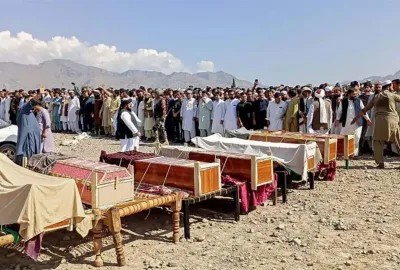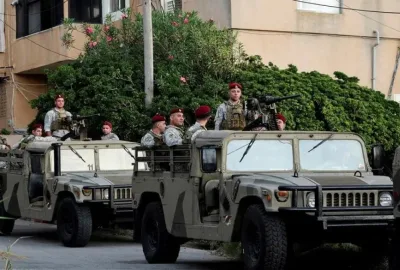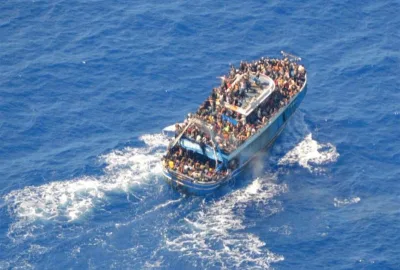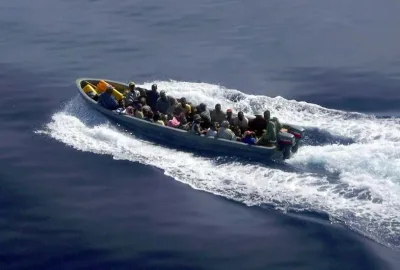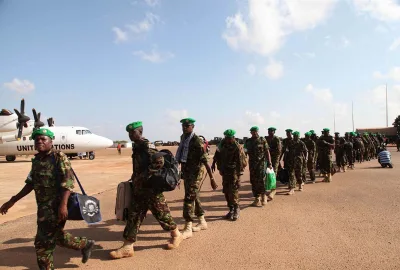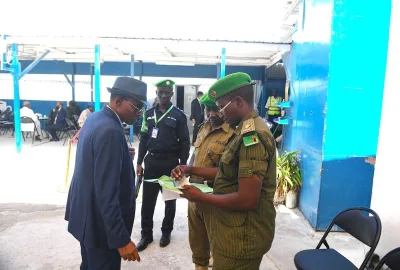Horn of Africa country urgently needs donations at this critical time, says UN’s James Swan. Somalia…
Horn of Africa country urgently needs donations at this critical time, says UN’s James Swan.
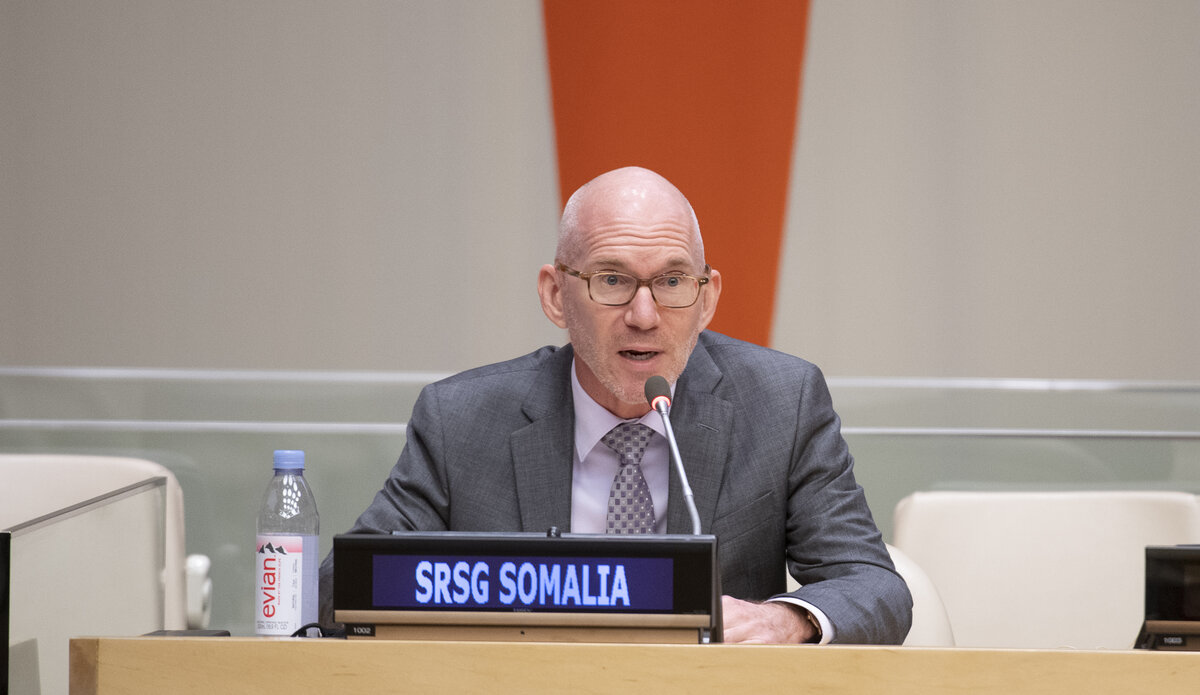
Somalia faces a severe humanitarian crisis that has been aggravated by climate change, the UN envoy to the country told Anadolu Agency in an exclusive interview.
“Somalia has had chronic humanitarian challenges. They are currently being aggravated further by the impact of climate change in a very fragile environment,” James Swan said on the sidelines of Turkiye’s three-day Antalya Diplomacy Forum (ADF), with Anadolu Agency as the global communications partner.
The year 2022 is particularly critical as it is the fourth consecutive year of below-average rainfall and harvest, Swan added, noting that over half of the country’s population of 15 million is in dire need of humanitarian assistance.
Against this background, Somalia and the UN prepared a joint action plan to address this severe crisis, stressed Swan, a former US diplomat with extensive experience in Africa.
The plan, he said, includes “an appeal to the donor community to support Somalia. Donors have historically been very generous in Somalia, and we count on their continuing generosity to help people in need in Somalia.”
- Improvements, yet more still needed
Reiterating that the country urgently needs donations at this critical time, Swan said some $1.45 billion is being sought to cover Somalis’ pressing need for food, shelter, and other kinds of aid.
He added that over 20 UN agencies – including the World Food Program (WHO), UNICEF, and the Food and Agriculture Organization (FAO) – have been working not only to respond to the humanitarian needs of the population but also to advance the development agenda and build a democratic and stable country.
To this end, the UN is keeping in constant touch with the Turkish ambassador and other ambassadors and friends of Somalia, Swan said.
Ties between Turkiye and Somalia have grown stronger in recent years, helped along by cooperation on issues such as security and considerable aid to the Horn of Africa country.
Citing, in particular, the country’s security apparatus, Swan praised recent improvements in Somalia.
“Somalia has made great progress in recent decades, and particularly over the last 12 years or so, in being able to have institutions that function (including) federal member states that have been created over the last decade, as well as increasingly functional ministries and other administrative services,” he said.
He cautioned, however, that a great deal more institution building and political reform still has to happen, including the conclusion of elections as early as possible, referring to parliamentary elections that started last November and were set to end this month.
“We’re at a critical moment in Somalia as it nears the conclusion of its electoral process. It is important that that be completed soon and with a high degree of credibility,” Swan urged.
“It’s important for Somalia’s leaders to complete this political process and returned to the urgent business of addressing the key priorities of the Somali people in the coming years.”


